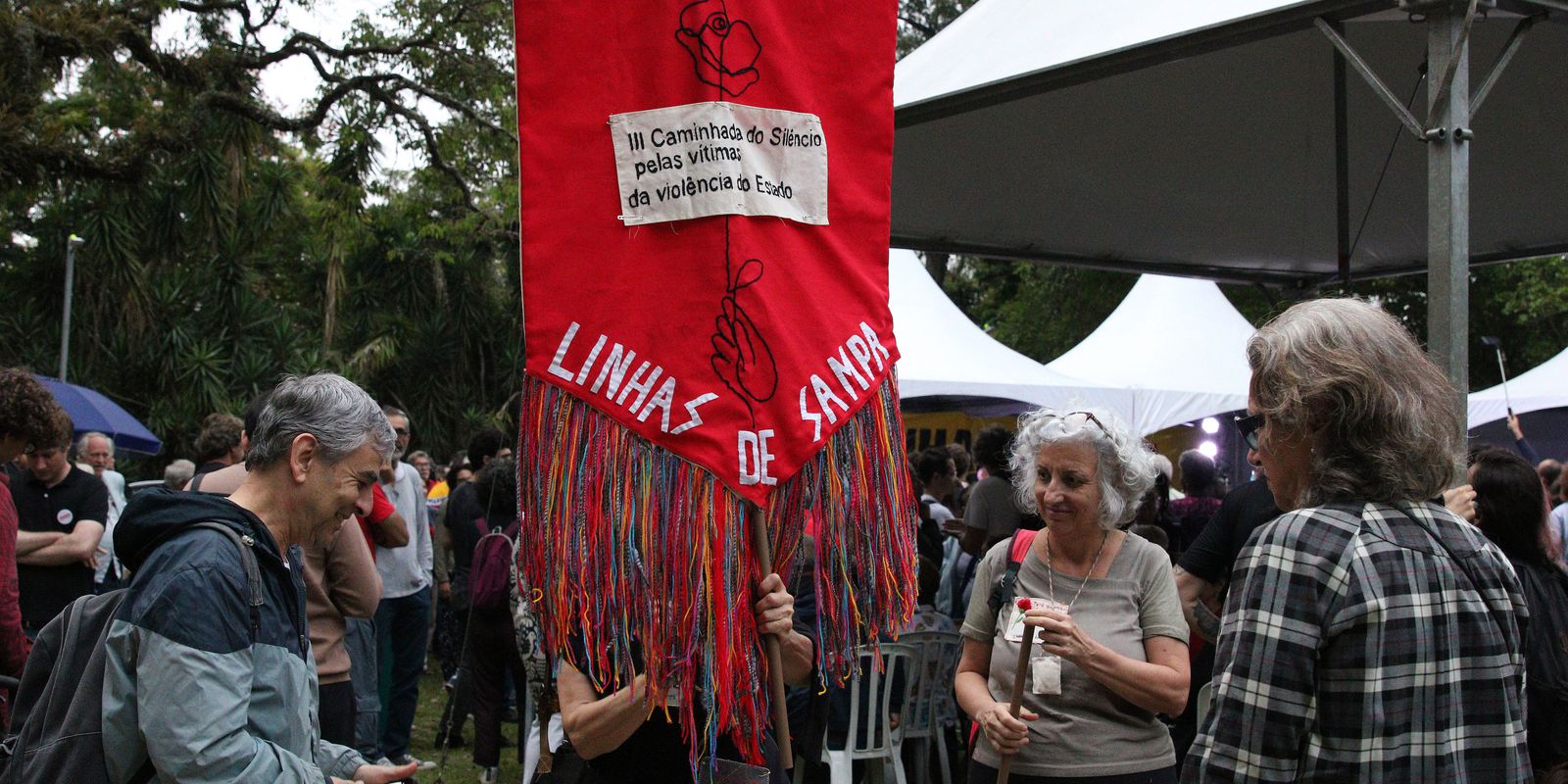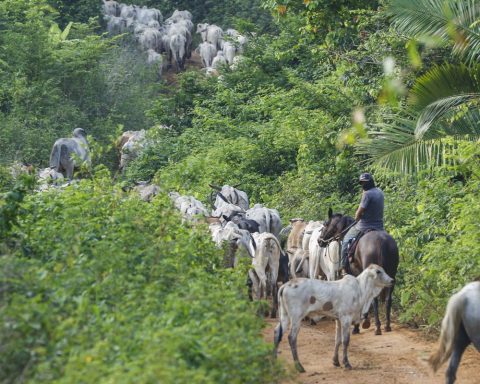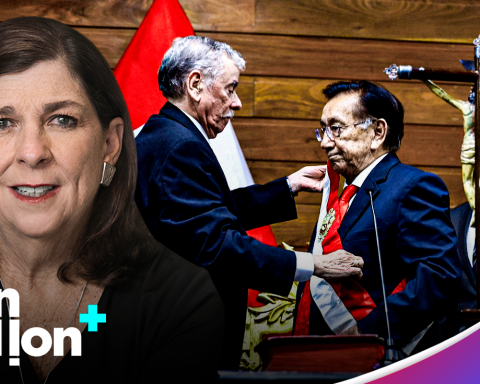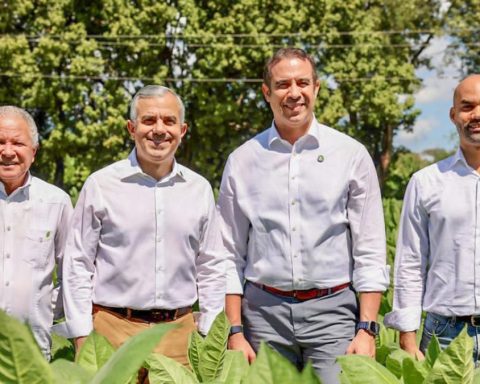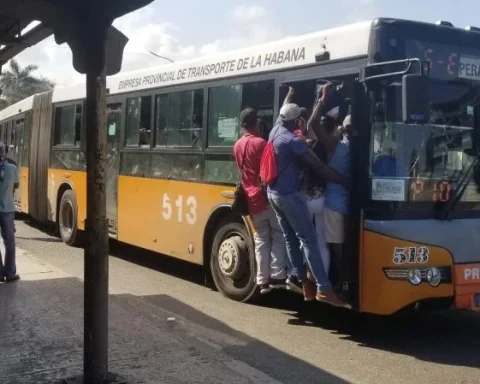The third edition of Caminhada do Silêncio, held this Sunday (2) in the capital of São Paulo, recalled the civil-military coup of 1964, honored the memory of the victims of violence, and called for an end to impunity for crimes committed by Brazilian state agents during the dictatorship.
The act began at Praça da Paz, in Ibirapuera Park, and moved to the Monument in Homage to the Political Dead and Disappeared, in front of the park. “The message is never again impunity. Brazil has proven over the last four years that it is a country that has not yet overcome its past. It is a country that is marked by violence, because it has never properly processed its processes of violence”, said Rogério Sottili, executive director of the Vladimir Herzog Institute, one of the institutions that organized the act.
“We want those responsible for genocide, responsible for deaths, forced disappearances, torture, to be held accountable. This is the only way for us to overcome, turn this page of history, and Brazil move towards a culture of peace, Brazil move towards a full-fledged democracy”, he added.
On the lawn of Praça da Paz, photographs were displayed, accompanied by flowers, of about 70 people killed or disappeared by the state apparatus during the dictatorship. Among those honored, Maria Lúcia Petit, Antônio Carlos Nogueira Cabral, Aurea Eliza Pereira, and Jane Vanini.
Extended banners demanded compliance with the recommendations of the National Truth Commission: “Demilitarization of the police”, “End of the genocide of the indigenous and black population”, and questioned the position of the Federal Supreme Court (STF) on the Amnesty law: “Amnesty for torturer? Only Brazil has. STF still guarantees impunity”.
The regional attorney of the Republic, Eugênia Gonzaga, present at the act, recalled that the Amnesty law is still used by Brazilian institutions to free state agents who committed crimes during the dictatorship from punishment. According to her, this reading of the law was shaped by the military since its inception.
“The amnesty in Brazil was negotiated, the transition from dictatorship to democratic government was completely negotiated and controlled by the military. And this made it clear in the minds of people, of institutions, that this page should be turned over, and not punished”, he said.
“This path was completely wrong. It is not a path that leads to the maturation of democracy, and it is a path that leads to the repetition of practices. We are still in this fight. The Federal Supreme Court has not yet reviewed the position of accepting the amnesty law for torturers as well. But, little by little, the judiciary has been changing its position”, he added.
The Minister of Human Rights and Citizenship, Silvio Almeida, highlighted that the importance of the act is to remember the past so as not to repeat it in the present. “When we talk about young people who die on the outskirts of São Paulo and throughout Brazil, about present police violence, we are talking, therefore, about that past that has not passed”, he said.
“We are doing this act of memory today so that we can build a future in which this violence does not happen again, and so that this violence does not reverberate as it has in the lives of each one of us. We saw this in the acts that took place on January 8th, we saw it in the four years that preceded this one, that is, they are the direct result of a country that cannot deal with its traumas”, he added.
From this edition, the event became part of the official calendar of the city of São Paulo, included by law 17,886 of 2023. The 3rd Walk of Silence was organized by the Municipal Secretary of Human Rights and Citizenship and by the Voices of Silence Movement, composed by dozens of entities.
